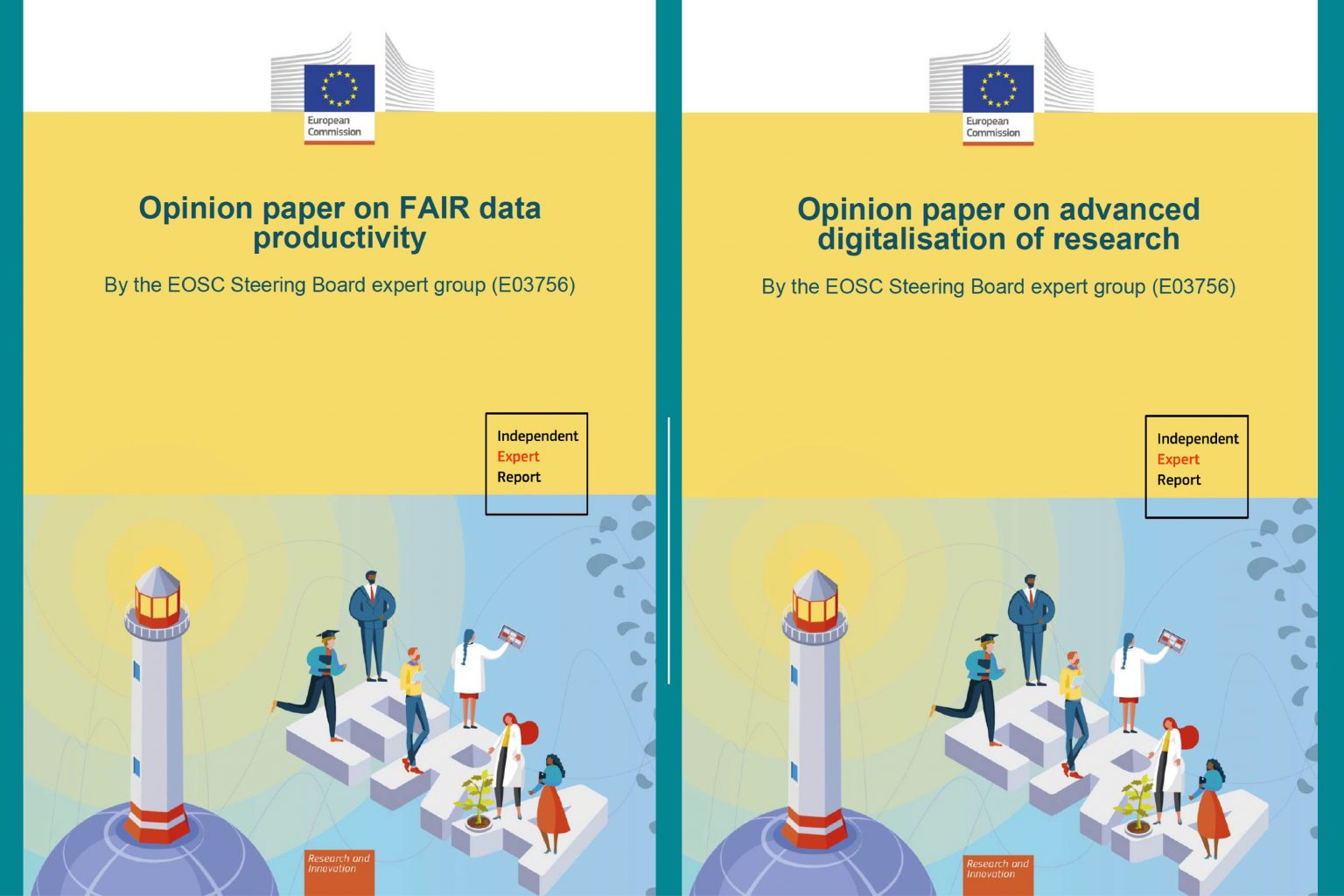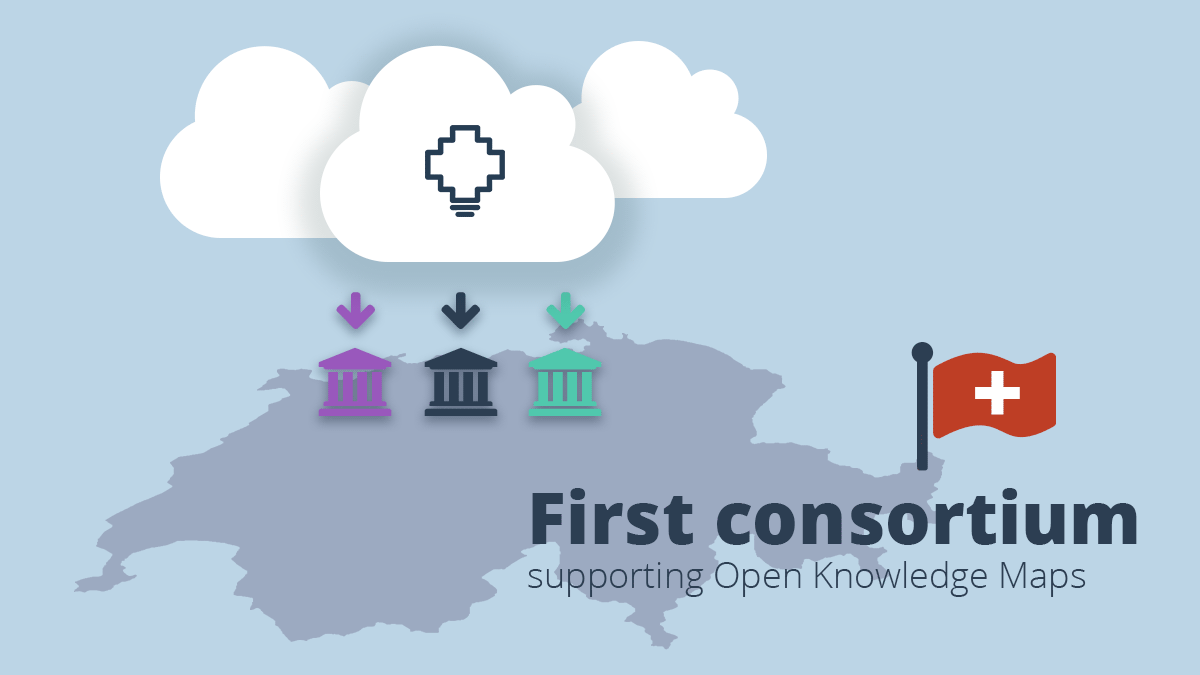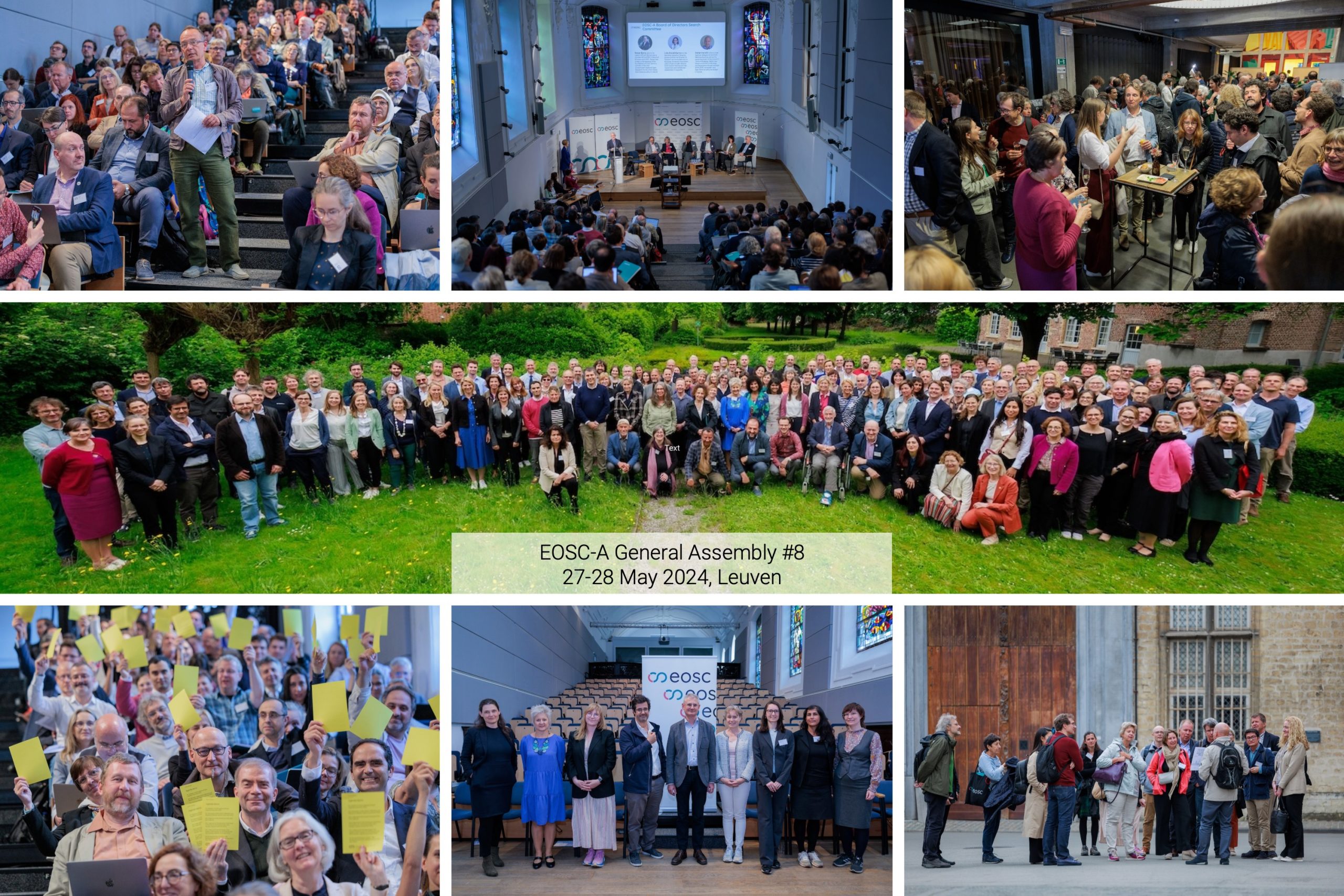UNESCO Working Group on Open Science Infrastructures
UNESCO has set up five working groups, each targeting key impact areas crucial for implementing the UNESCO Recommendation on Open Science (OS) adopted on 23 November 2021. While the Recommendation affirmed the importance of open science as a vital tool to improve the quality and accessibility of both scientific outputs and scientific processes, these working groups brought together experts and open science entities from various fields and domains to address distinct yet interconnected topics and challenges essential to the implementation of the Recommendation.





